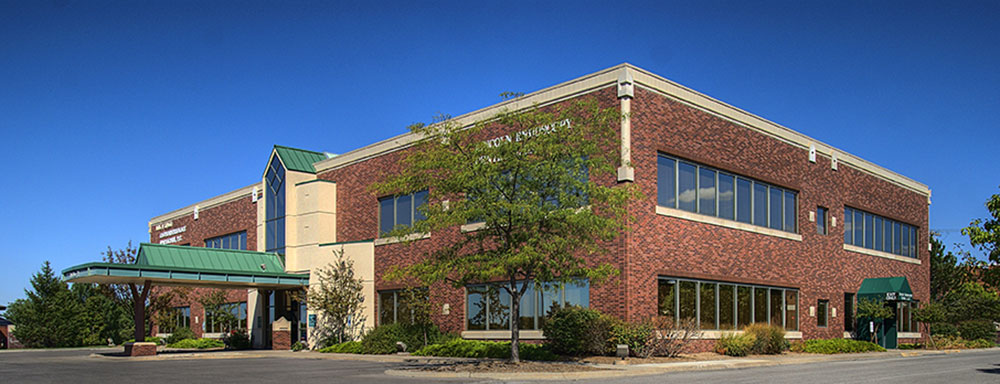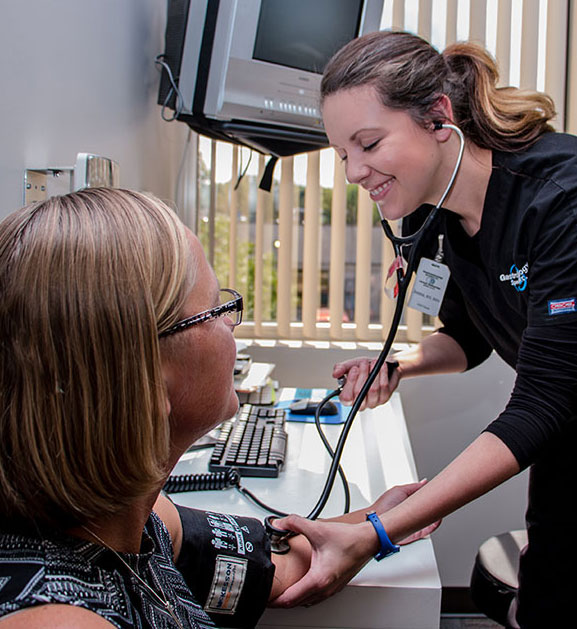HealthDay (2/4, Preidt) reported that individuals “who consume a few alcoholic drinks a day and have a family history of colorectal cancer are at increased risk for developing colon cancer,” according to research published in the American Journal of Clinical Nutrition. Investigators looked at “data from more than 87,000 women in the Nurses’ Health Study and 47,000 men in the Health Professionals Follow-up Study, and found that 1,801 cases of colon cancer were diagnosed among the participants from 1980 onward.” The researchers found that those “with a family history of colorectal cancer who drank an average of 30 or more grams of alcohol per day (about 2.5 typical drinks in the United States) were at increased risk for colon cancer,” but “no significant association was found between alcohol consumption and colon cancer” among individuals with no “family history of colorectal cancer.”
Food Companies Seeking “Perfect Wash” For Salad Greens
The Los Angeles Times /California HealthCare Foundation Center for Health Reporting (1/30, Schoch) reports that “food companies headquartered in the Salinas Valley…are rushing to find the ‘perfect wash'” for salad greens. One product, T-128, “a new industrial salad wash additive,” helps to “reduce the risk of bacteria spreading from leaf to leaf during washing, says Jim Brennan, president of New Leaf Food Safety Solutions, the food safety subsidiary of industry giant Taylor Fresh Foods.” Meanwhile, “other researchers are looking at chlorine alternatives, gaseous washes, ultrasound, radiation, even cold plasma – any means to strip that last germ from a leaf of baby spinach or endive or the popular spring mix.”
Infinity Pulls Plug On Pancreatic Cancer Drug Trial
Reuters (1/27, Basu) reported Infinity Pharmaceuticals has stopped a mid-stage trial of an experimental pancreatic cancer medicine known as saridegib because a preliminary analysis showed that patients receiving placebo plus an anti-cancer chemotherapy treatment survived longer than those on saridegib and chemotherapy. The trial included some 122 patients with metastatic pancreatic cancer who did not receive prior treatment. Infinity is also developing a non-small cell lung cancer drug, known as retaspimycin hydrochloride, which is currently in mid-stage trial


